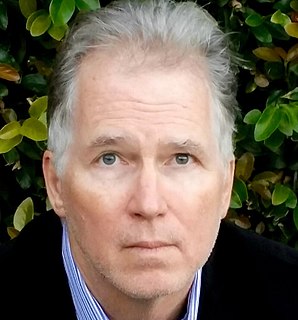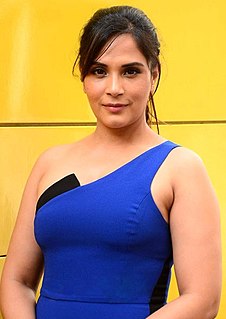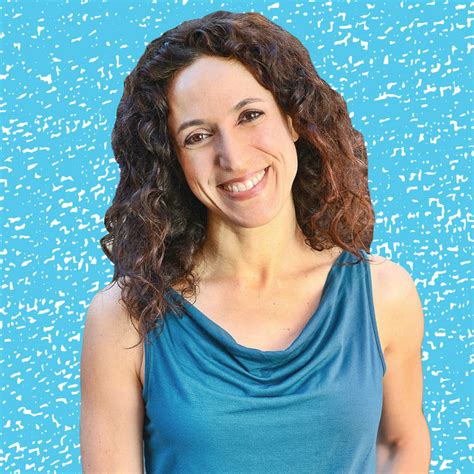A Quote by Tori Amos
Some of the biggest advocates for feminism seem to believe that in order to feel powerful you have to make another woman subservient, and that is not what feminism is about at all.
Related Quotes
I think feminism has always been global. I think there's feminism everywhere throughout the world. I think, though, for Western feminism and for American feminism, it not so surprisingly continues to center Western feminism and American feminism. And I think the biggest hurdle American feminists have in terms of taking a more global approach is that too often when you hear American feminists talk about international feminism or women in other countries, it kind of goes along with this condescending point of view like we have to save the women of such-and-such country; we have to help them.
As all advocates of feminist politics know most people do not understand sexism or if they do they think it is not a problem. Masses of people think that feminism is always and only about women seeking to be equal to men. And a huge majority of these folks think feminism is anti-male. Their misunderstanding of feminist politics reflects the reality that most folks learn about feminism from patriarchal mass media.
Much of the appeal of feminism is that it encourages women to do what they always felt like doing anyway: take everything personally. But to succeed at the highest level, you need some objectivity, which feminism hates. Feminists see objective reality as a conspiracy out to make them feel bad about themselves.
Feminism means having a choice. And feminism doesn't care which choices you make, either. Just that you have them. The point has never been to establish some principled refusal to give yourself to another human being. The point is to make sure you can give yourself--or not give yourself--of your free will.
We don't all have to believe in the same feminism. Feminism can be pluralistic so long as we respect the different feminisms we carry with us, so long as we give enough of a damn to try to minimize the fractures among us. Feminism will better succeed with collective effort, but feminist success can also rise out of personal conduct.
If you ask me what I believe in today, I believe in feminism. I believe that all human beings are equal. I believe that no one has the right to authority over anyone else. Feminism has to do with everything in the world, a vision of how the world can be. I have great doubts about Utopias, but I just keep on thinking there is a better way to live than the way we live now.
Feminism is a choice, and if a woman does not want to be a feminist, that is her right, but it is still my responsibility to fight for her rights. I believe feminism is grounded in supporting the choices of women even if we wouldn't make certain choices for ourselves. I believe women not just in the United States but throughout the world deserve equality and freedom but know I am in no position to tell women of other cultures what that equality and freedom should look like.

































